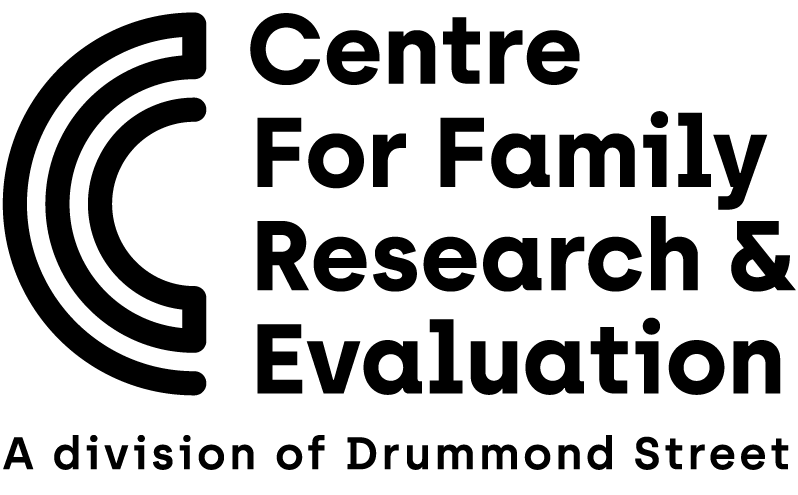What makes us different?
We value community voice in all our services from research, to training, implementation and evaluation. That’s why what we do makes a difference.
As part of Drummond Street Services, we have a strong understanding of the community services delivery, and can design fit-for purpose research, evaluation, and training, that meets the needs of clients and frontline practitioners.
Our team has experience working in government, community services, consultancy, and Universities, which helps us bridge gaps across these sectors and advocate for systems change.
Our Approach
We know that every project, program and organisation is unique, so we make sure our approach and activities are tailored every time. We take the time with program teams and organisations to identify and build upon their strengths.
Our approach is client-led and flexible, which means we can design projects to meet the needs of your organisation. Whether it be a large-scale research project, evaluation to improve service delivery, specific training, or upskilling on how to implement these processes within your organisation, we can support you.
We are passionate about addressing systemic barriers and needs among marginalised communities and have a strong focus on integrating lived experience and user voice in the work that we do. Our co-production framework embeds the perspectives of service-user, practitioners, and/or organisations throughout the planning, design, delivery, and review phases of projects.


